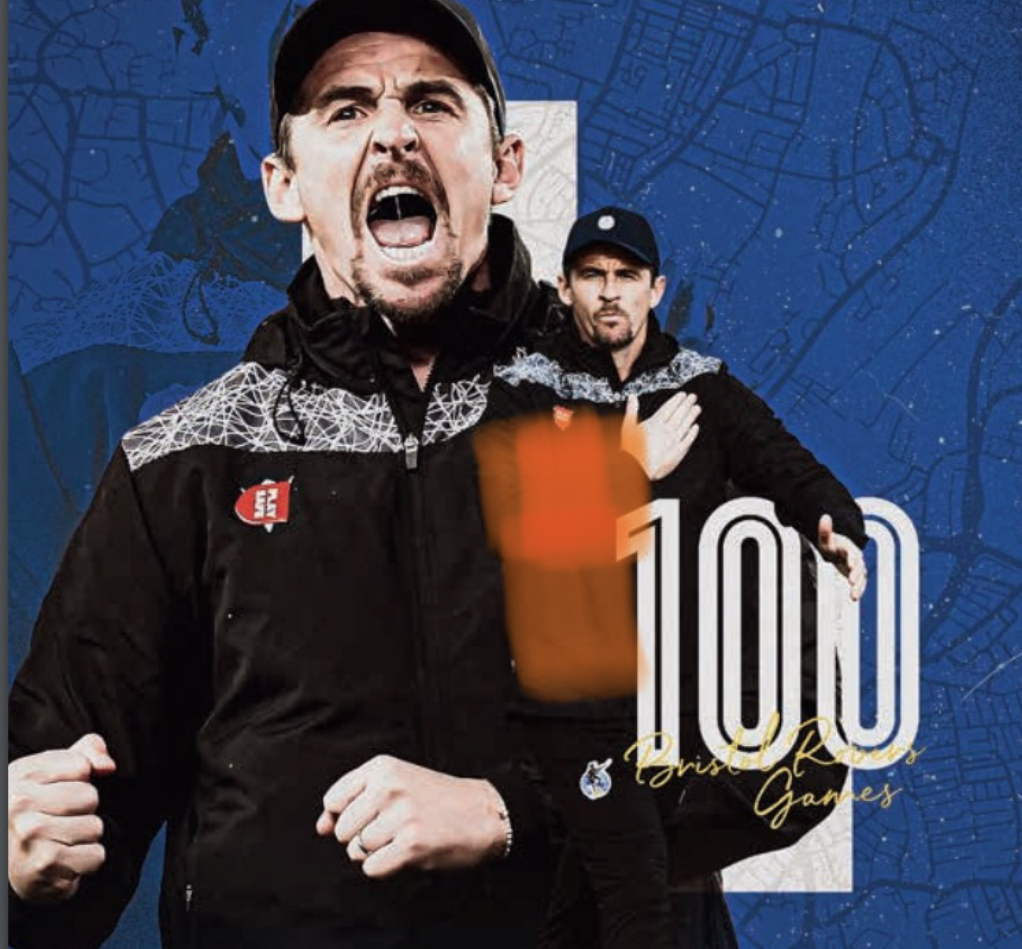Last weekend's Port Vale game marked Joey Barton’s 100th game as manager of Bristol Rovers in all competitions. He spoke to Andy Downie about his time in charge and why he was certain, from the age of eight, that this would be his future occupation.
“When I think back to my first game in charge, a 2-1 home defeat to Wigan as we dead-marched towards relegation, it brings it home just how far we’ve come in my time here.”
As frank as ever, Joey Barton’s assessment of his start at Rovers – thirteen losses in his first eighteen games – could have led some to question whether the former England international would still be in the hotseat at the end of that season, let alone approaching a century of matches.
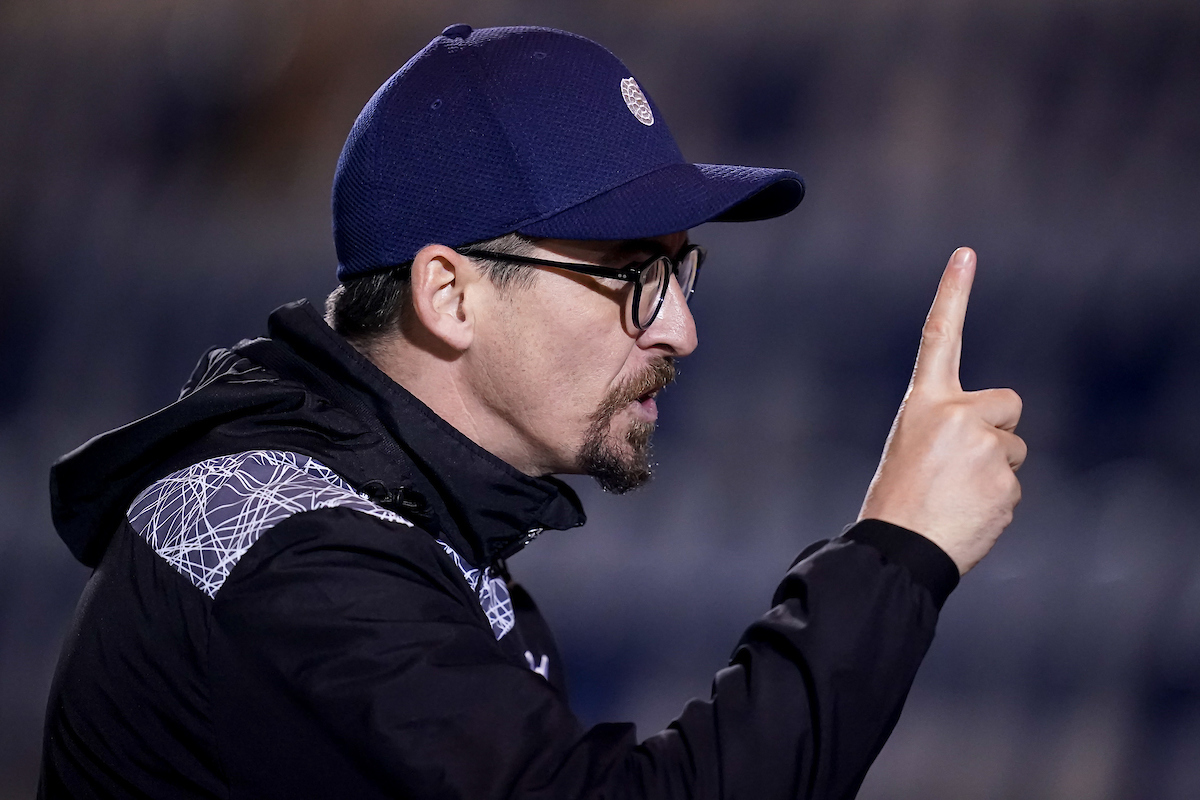
“I turned down the role at first, but then I spoke to the owner Wael and he’s such a good man that I accepted the task ahead. Relegation wasn’t what anyone wanted, but it was necessary in this process. By the end of my time here, I firmly believe we will be in the Championship, if not higher. The new stadium is a massive part of the plan; the future is definitely positive. 100 games in and it’s been an incredible journey so far, but it also feels like we’re only just getting started here.”
When Barton walked through the door in February 2021, with previous managerial experience with Fleetwood and a playing career that took in, amongst others, Manchester City, Marseilles and Newcastle, it’s fair to say there were reservations amongst some Gasheads. Fast forward just over a year, though, and he was being hoisted on their very shoulders on the Spotland pitch as his team came from 3-2 down at Rochdale to seal a memorable victory that set up a final day promotion triumph over Scunthorpe – a day that he, unsurprisingly, names as the favourite moment of his tenure.
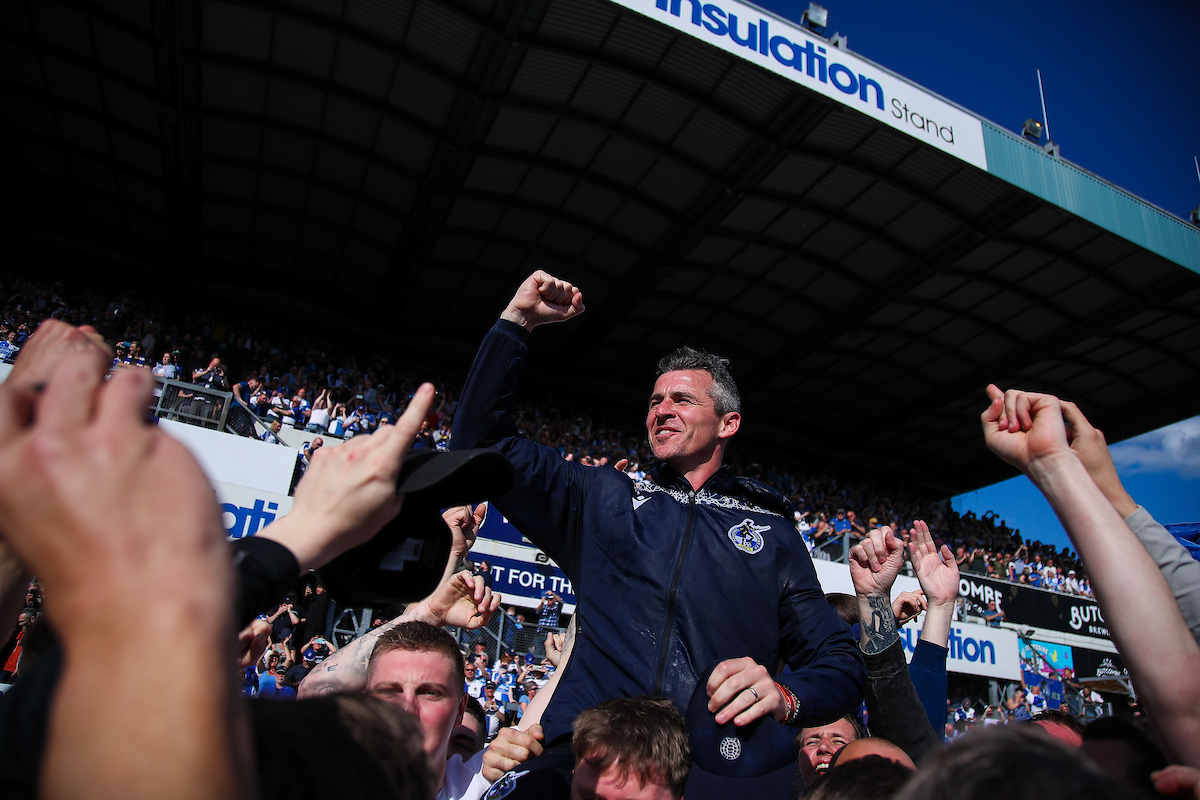
“I couldn’t not choose that. Sion Spence’s goal at Walsall was really important, but a seven-goal victory on the final day, and everything that surrounded it, to win promotion isn’t something I, or anyone, is likely to see again.”
From day one, Barton’s eyes were wide open to the possibility of it happening. “I knew the club from bringing teams here as a manager and the atmosphere created was so special. Wael has great ideas and ambitions but was let down by people he’d entrusted to do a good job for him. I remember driving away from our first meeting thinking ‘that’d be a great project for someone’ but further conversations with the owner ensured that I was the one who would take it on, and the rest is history.”
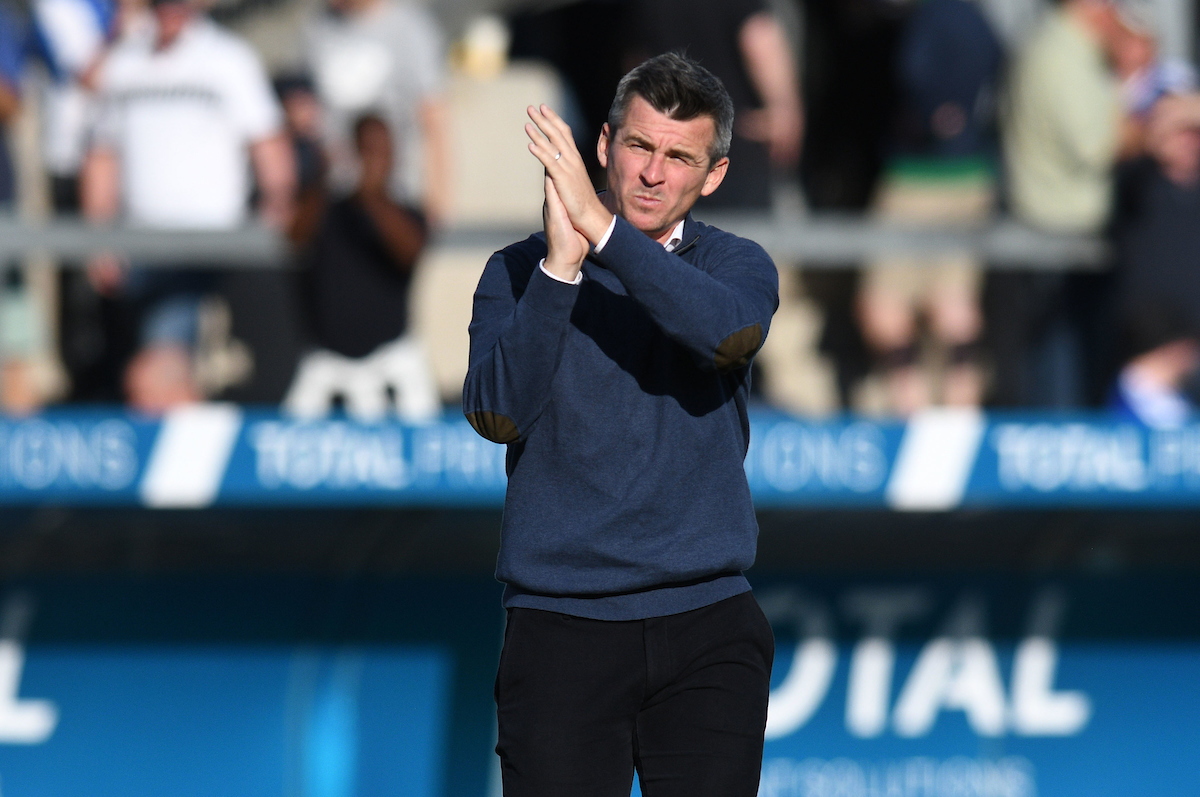
Barton has certainly brought his own, unique brand of managing to the club, but how old was he when he thought he could do it as a job?
“I remember I was eight years of age at St Agnes Roman Catholic Junior School in Huyton, Liverpool, and my PE teacher, Mr Alcock, was given the task of running our school team. He wasn’t what you’d call a ‘football man’ though and he turned to me and said ‘you’re a good player, can you pick the team and sort the tactics?’ From then on, I was organising as well as playing and we won the Hanson Cup – twice! They’d never won that before; when I was on the playground I was picking the teams to make sure it wasn’t a mismatch. Half the time I’d weight the teams against myself, so I’d have a harder job winning them. That’s just the way I am. I always knew I’d be a better manager than a player – being a manager is more about your relationship skills, your motivational, psychological and emotional skills and your malevolence, sometimes, in getting people to do things they don’t want to do.”
Not doing things the easy way, from being concussed the day before he was set to make his professional debut for Scunthorpe, to losing his shirt and being unable to make his Manchester City bow, Barton’s career was certainly full of memorable occasions, especially when it came to his relationship with referees. But does he think his teams now suffer as a result?
“I don’t think so. I used to think I’d be getting picked on, but I didn’t help myself half the time; I get animated and it’s an area I have to improve at. I know that and I’m making progress. If I was too passive, I’d be accused by some of not caring, so it’s definitely a tricky area. I’ve got to find the balance and it’s part of my own learning process. I don’t think the team get any different treatment though. It’s human nature if someone doesn’t like me or I’ve had history with, but I’ve not seen anyone treat the players any different to other teams. We’ve all got to behave better – me included – and I can’t ask players to jump into line if I’m not setting the right example.”
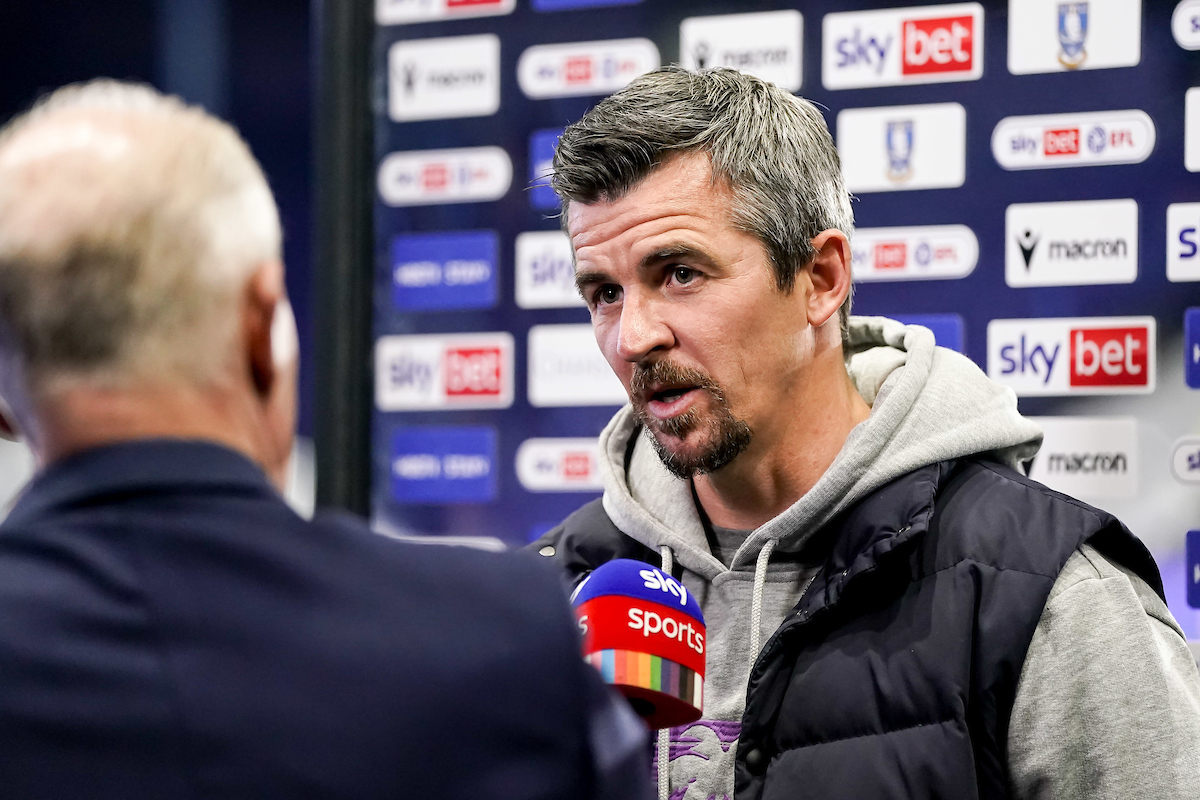
This milestone is a rare one for the forty-year-old; aside from Manchester City, he didn’t amass a ton at any other club as a player. Does this mean he is always on the lookout for a new challenge?
“I was at City for nine years, four years at Newcastle interrupted with a few injuries, so I don’t think I’m necessarily looking for new challenges, but I’m always looking to add tools to my toolkit and be open to new ideas and see if they stand up to examination. My mentor Steve Black put it perfectly: ‘People don’t care what you know, until they know how much you care.’
“There’s many ways to teach football and many ways to teach people. I’m an amalgamation of every teacher and coach I’ve ever worked for and with, and I know how important my role is in the lives of others, whether you’re a colleague, a player or a supporter. I get it.”
Having recently signed a new contract that ties him to the club until 2026, there’s sure to be many more games for Barton to add to the hundred – and, hopefully, many more magical memories.
